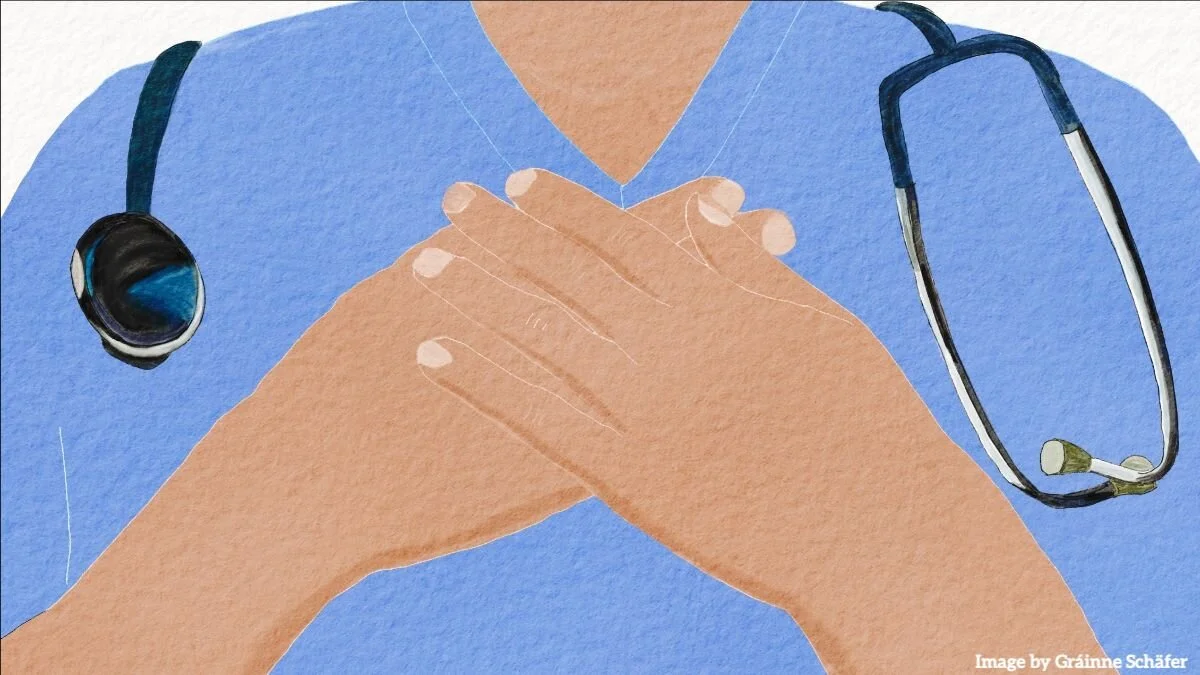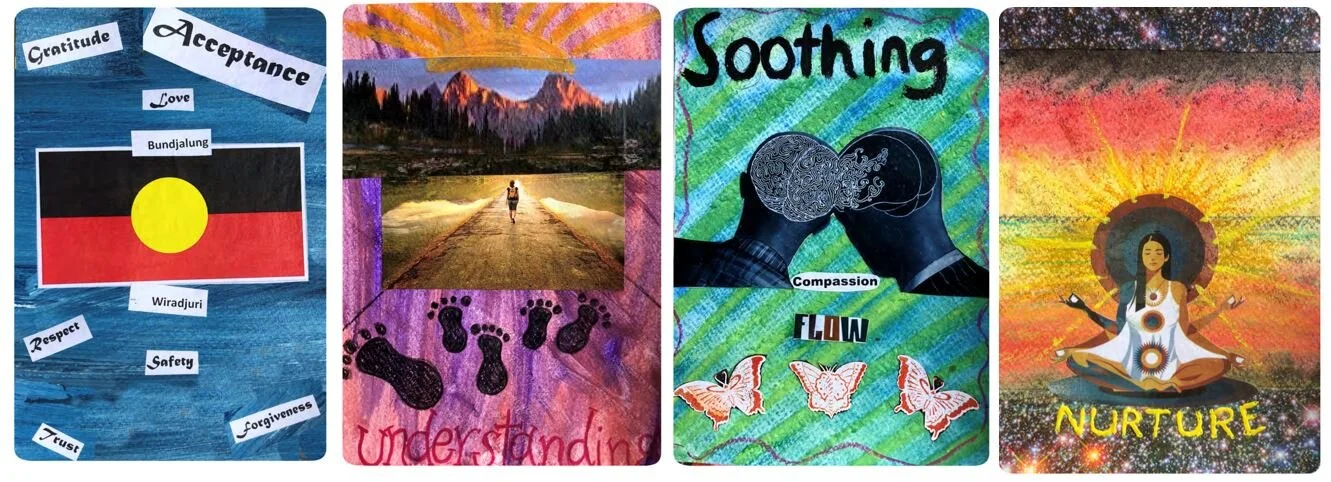CMA member Gráinne reflects on how practicing self-compassion supported her career transition from clinical psychology to graphic design. Her story offers insight into the role of compassion in facing challenges and embracing personal growth.
by David Roland
Our adaptation to climate change is requiring psychological resilience in the face of frequent natural disasters. Is there a place for compassion focussed therapy with nature connection in arming us to rebound from natural disasters?
by Helen Correia
How do we move forward toward a sustainable future? We can feel paralysed by the enormity of problems like climate change and our threat system overwhelms us, with young people experiencing high levels of climate anxiety. The solution requires a collective global effort, but it begins with each of us. As individuals we can support our personal sustainability by activating our soothing system, responding to distress with care and compassion.
by Kirsten McEwan
If I’m being honest, it was probably the helplessness of growing up with a parent with post-natal depression which led me to a career in psychology. I couldn’t help my mum but the vicarious helping of others appealed to me. This is how I ended up building the evidence-base for psychotherapies such as Compassionate Mind Training (CMT) so that more people could access effective treatments.
by Lucy Mayes
Returning from Maternity leave after her fifth child, Dr Catherine Crock AM, a paediatric physician at the Royal Children’s Hospital in Melbourne, became increasingly distressed at witnessing some of the experiences of the children in her care who were receiving treatment for Leukaemia. “On my first morning back on the job I thought, what is going on here?” says Catherine. “We were holding these kids down, performing lumbar punctures, without anaesthetic. These children had to go through this not just once, some of them thirty or more times over three years, and they’re screaming in the waiting room because they know what’s about to happen when they come in. I’ve always been really shy and never spoken up, never made a fuss or anything, but this was a turning point for me. I just felt something had to be done and that it was urgent.”
by Tiegan Holtham
In 2021, my colleague Sara Clarke and I became accredited facilitators of the 8-week Compassionate Mind Training (CMT) course developed by Dr Charlie Heriott-Maitland and Dr Chris Irons. Now we are currently three weeks into delivering our 5th course here in Darwin, NT, and enjoying every minute. Fortune and eagerness has allowed us to offer CMT across various populations – the general public, low income parents, and in-house for a NT Government department. Overall, the aspect I have valued the most has been the power of common humanity.
by Helen Correia and Mel Zimmerman
For those of you looking for training in delivering a structured compassion-based group program, then one option may be the facilitator training for Compassionate Mind Training (CMT). CMT is based on Compassion Focused Therapy (CFT), developed and evaluated by Chris Irons and Charlie Herriot-Maitland. It is designed as an 8 week/8 session program for the general public and has also been used with health and social care workers, parents, and clinical groups with mental health conditions. If you are familiar with CFT, then you will notice the key concepts, such as flows of compassion, compassionate mind imagery, and addressing fears of compassion, structured in an easily accessible weekly format. We were eager to participate in the CMT facilitator training to support us in offering a structured program to our local communities, including health professionals.
by Mel Zimmerman
With all the destruction and death in the world of late, it makes me wonder why discussions around death are often avoided.
The experience
When we experience death and grief first hand, it leaves a profound mark that can only be fully understood when we have walked that difficult road. It can feel like life is happening around you, and you’ve stopped. Everyone seems to be in an endless motion and you feel like you’ve fallen out of the stream of life.
by David Roland
On 1 March 2022, Lismore and many other towns in the northern rivers region of NSW experienced the worst flood event in recorded history. While residents were still getting on their feet a second flood occurred within a month. This flood, although not as extreme as the first, was psychologically more damaging because it was a kick in the guts for already worn-down communities. It also demonstrated that flooding has become a frequent disaster; the previous major flood had occurred in 2017. The indecision this has led to is, can people continue to live and work in their communities? The thousands of affected residents, businesses and school students, have nowhere else to go and this has led them to being labelled Australia’s first climate change refugees.
The Venerable Thich Nhat Hanh died on January 22, 2022, at his home in Vietnam. He was 95 years old. His books include The Miracle of Mindfulness and Being Peace and The Long Road Turns to Joy: A Guide to Walking Meditation. He led the Buddhist delegation to the Paris Peace Talks in 1969, and Martin Luther King, Jr. nominated him for the Nobel Peace Prize.
Here are quotes from Thich Nhat Hanh taken from an interview by Krista Tippett for the On Being Project during a retreat held in Wisconsin, USA, in 2003.




















